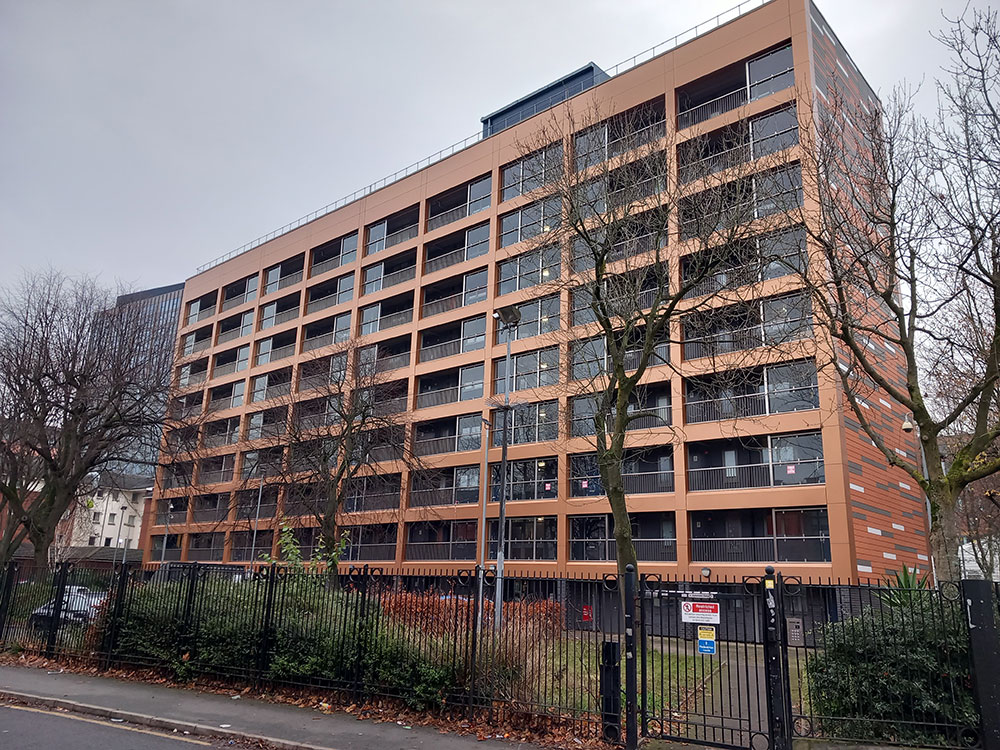The proposed research aims to investigate how older people and social housing providers can collaborate on programmes that support people to remain healthy and socially active in their community as they grow older.
Social housing tenants have significantly worse health than other groups of older people, and many are impacted by social conditions in their neighbourhoods that negatively affect their quality of life. Many social housing providers now recognise the need to rethink how they can support their older tenants, recognising the need to address the wider determinants of poor health such as social isolation, poverty and inequality alongside their existing focus on providing safe and accessible homes. In response to this, the proposed project explores how the WHO’s ‘Age-Friendly Cities and Communities’ approach, which calls for older people to be at the centre of the decision-making processes regarding issues that affect their lives, can be used to inform new programmes and initiatives in deprived communities.
The project will use a participatory action research approach, which means the researcher will work ‘with’ (rather ‘to’, ‘on’ or ‘for’) older people to contribute to real initiatives that will improve older people’s quality of life. Older people will be supported to become co-researchers in each neighbourhood, ensuring that the research process and its outcomes address the needs and aspirations of the local residents. Training and support will be provided to co-researchers to ensure each project continues beyond the 30-month timeframe of the research programme.
The proposed research will support the development of three case study initiatives in Greater Manchester. The three neighbourhoods were chosen because of local factors that can negatively impact older people’s quality of life, such as gentrification, racial tensions, or high levels of social isolation. In each of the case studies, older people will work with a social housing provider to co-create a programme that identifies and responds to specific challenges and opportunities in each neighbourhood. These will address both the physical environments that older people live in and opportunities for social participation in the community.
The programme will be developed by an interdisciplinary team from the Manchester Urban Ageing Research Group (MUARG), Greater Manchester Combined Authority (GMCA) and members of the Greater Manchester Housing Providers network (GMHP). This unique collaboration aims to develop a robust evidence base and a series of practical examples to support social housing providers to develop their own ‘age-friendly’ initiatives.
Contact
Dr Mark Hammond
m.hammond@mmu.ac.uk










